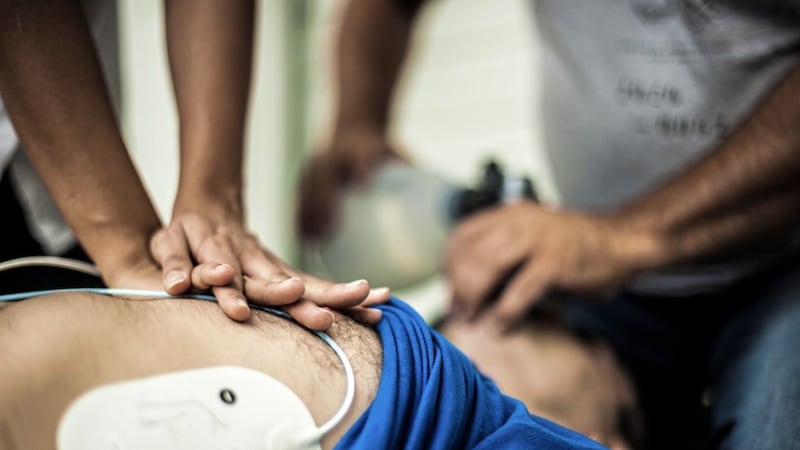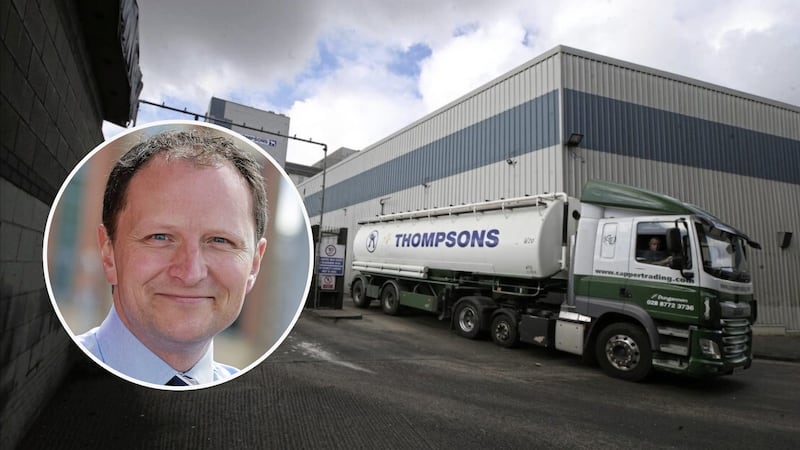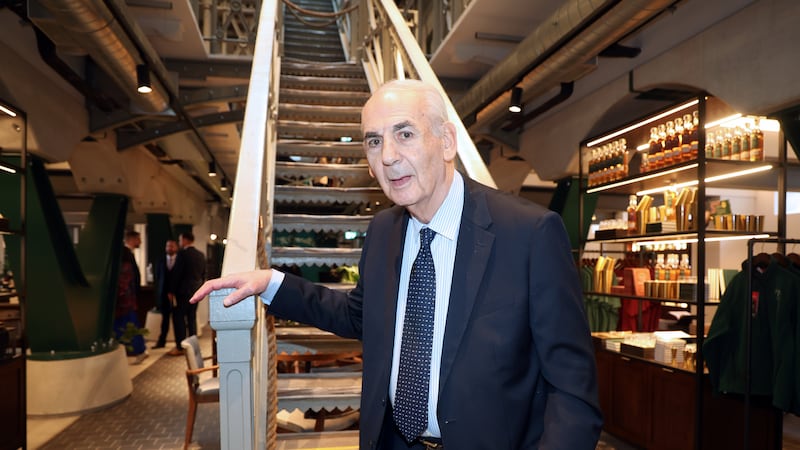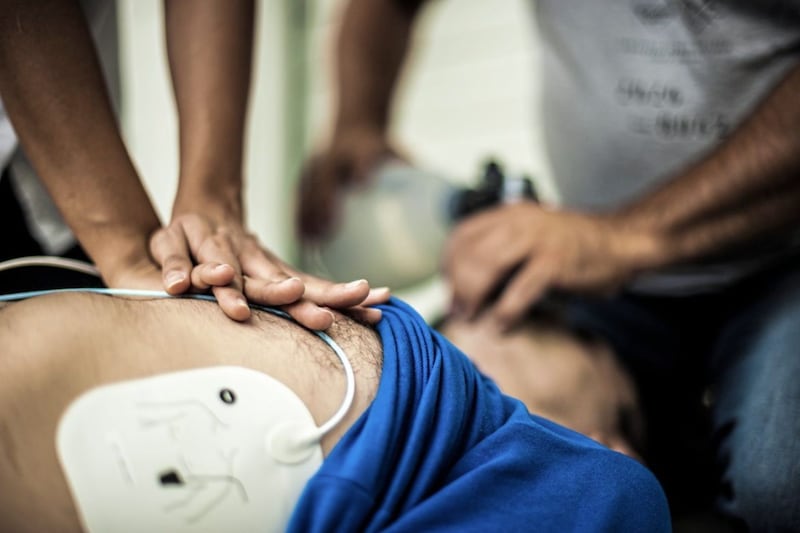BELFAST-based defibrillator maker HeartSine Technologies has said an increasing awareness of sudden cardiac arrest (SCA) contributed to a boom in turnover last year.
The company, which now employs more than 200 people, has doubled its workforce in less than four years, adding 42 staff during 2019 alone. Most of the new jobs were in services and support roles.
HeartSine is behind one of the smallest, lightest and most portable automated external defibrillators (AED) available in the world.
The company was co-founded by the late Professor John Anderson in 1997. He had served as head of bioengineering at the Royal Victoria Hospital, when the world’s first mobile coronary care unit was launched in 1967.
The Belfast-native later helped develop the world’s first portable defibrillator designed for use outside of the hospital.
In a new report, the firm’s US parent owner, medical giant Stryker Corporation, said Covid-19 had significantly impacted its business in 2020. But it said the hit suffered in many parts of the group had been partially offset by a higher demand for its medical products, including defibrillators.
The report revealed that HeartSine achieved a 68 per cent rise in turnover to £44 million for the year ending December 2019.
It helped the defibrillator firm record a 51-fold increase in pre-tax profit for the year, from £162,380 to £8.4m.
In commentary published alongside the financial results, the company’s directors said public awareness had been a major factor in its success.
“The knowledge that with the appropriate intervention patients should have a high probability of surviving a heart attack of this nature continues to increase, and demand for AED’s globally is increasing.”
Last year also saw the company roll out a new ‘Gateway’ product, product designed to help manage AEDs. HeartSine also launched a series of new apps.
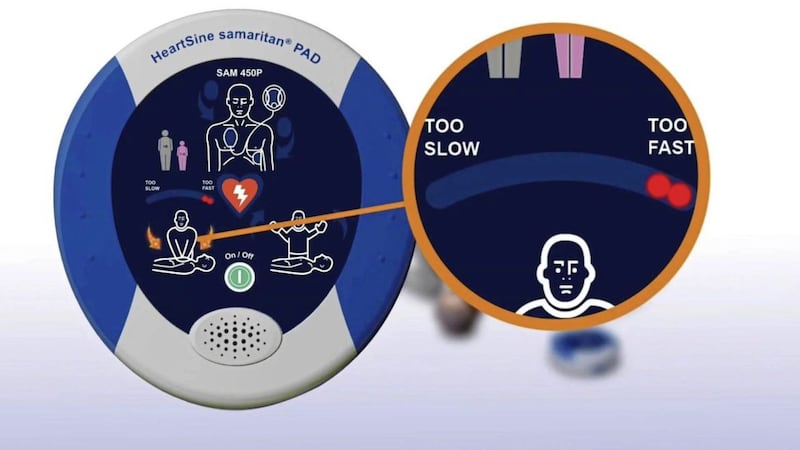
Based next to Belfast City Airport, the firm became part of the Stryker Corporation four years ago, when the Fortune 500 medical tech giant acquired Physio-Control International Inc for $1.28 billion to expand its emergency medical services business.
New York Stock Exchange-listed Styrker said the coronavirus pandemic had led to “severe disruptions in the market”.
A significant number of Styrker’s global suppliers, vendors, distributors and manufacturing facilities are located in regions badly affected by the pandemic, including the US, China, France, Germany, Switzerland and the UK.
“At this point it is not possible to reliably forecast what the impact on cashflows, revenues and profitably for 2020 will be when activities will fully recover,” it said.
HeartSine’s report reveals that its parent owner issued a ‘corporate support letter’, effectively a 12-month safety net, indicating Stryker will guarantee “compliance of all liabilities, obligations and commitments of the entity in the event of any shortage of funds”.
But the company said it does not expect that such provisions will need to be implemented.
The report concludes that the directors believe that Covid-19 will not have a material adverse impact on the company’s ability to continue as a going concern.
